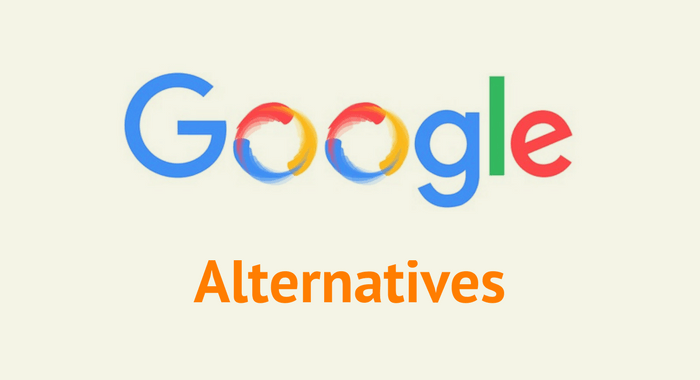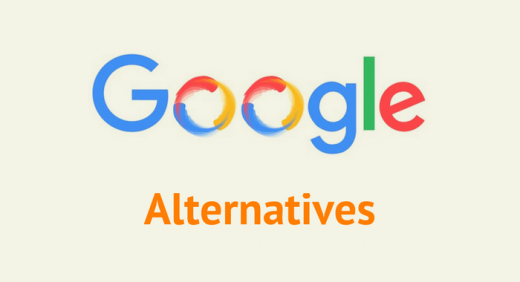What Can Google And Facebook Learn From Alternative Search?
What Can Google And Facebook Learn From Alternative Search?
Digital marketing is an industry driven by innovation, and Google didn’t earn its search crown without demonstrating a penchant for innovative thinking and adaptation.
With all that in mind, it’s worth taking a look at what some emerging search competitors have to offer, and how category leaders like Google and Facebook could leverage similar technology to deliver even better results for marketers and consumers alike.

Consumers are hot and cold on privacy
One of the strongest pitches that alternative search providers have made is one built around consumer privacy. I
n the wake of a round of data-breach scandals across multiple industries and set against the backdrop of the European Union’s General Data Protection Regulation (GDPR), it makes sense that alternative search competitors would leverage public interest in increasing their personal privacy. However, the prospect of tracking free browsing doesn’t offer much to marketers who depend on Google’s and Facebook’s robust data collection and targeting tools to ensure that they reach the right consumers with the right messages at the right time and place.
Still, it’s impossible for marketers to entirely write off alternative search. These industry challengers are making a compelling offer to consumers that undermines some of the core propositions of digital advertising.
It’s commonly understood that any free online service, like a search engine or an open social media platform, pays for itself by commodifying its users’ data and selling that data to marketers. In essence, the user becomes less the customer than the product itself.
Brendan Eich, the open-sourcing advocate and creator of Mozilla and JavaScript, turns this proposition on its head with Brave Browser, a privacy-focused search alternative that prominently features the message “You are not the product” to differentiate itself from targeting focused competitors. Beyond this marketing pitch, Brave has put some legal muscle behind its challenger status by filing suit against Google under the terms of GDPR, a longshot move to unseat Google in privacy-conscious Europe.
Time to be brave?
It’s doubtful that Google is in serious legal jeopardy, but the suit and the conversation around tools like Brave exposes a potential chink in Google’s armor that company would be wise to patch.
Is it possible that Google, and competitive search kings like Facebook, could simultaneously offer increased privacy for consumers without breaking up the lovefest they share with marketers?
Even without direct targeting, search giants already know more about what consumers need and want than anyone else, because we routinely type our needs and wants into their tools.
If Google followed the lead of some of its critics and switched its default to automatically opt consumers out of tracking, it could still offer some of the best contextual advertising in the world. The same algorithms that know can analyze a search history to provide intuitive ad targeting could also be employed to make sure that consumers searching for weather reports are directed to umbrellas, rain boots or sunlamps, and that apartment hunters are served ads for new Ikea furniture.
A contextual play would lack the nuance of Google’s current targeting, but pairing ads with search results still creates valuable inventory without making consumers feel like they are being spied on.
The next move
For years, digital marketers have made the same claim. Consumers derive value from sharing their data because the advertising they receive is more targeted, more personal, and more relevant.
With a growing public push to expand digital privacy, a crop of search alternatives are looking to take advantage of that wave of pro-privacy sentiment.
Abandoning one of the most successful business models in history is probably not the move for Google and its cohort of search titans, but bending with the wave to avoid breaking might offer some intriguing possibilities without cutting marketers off from the audiences they need.
(24)


